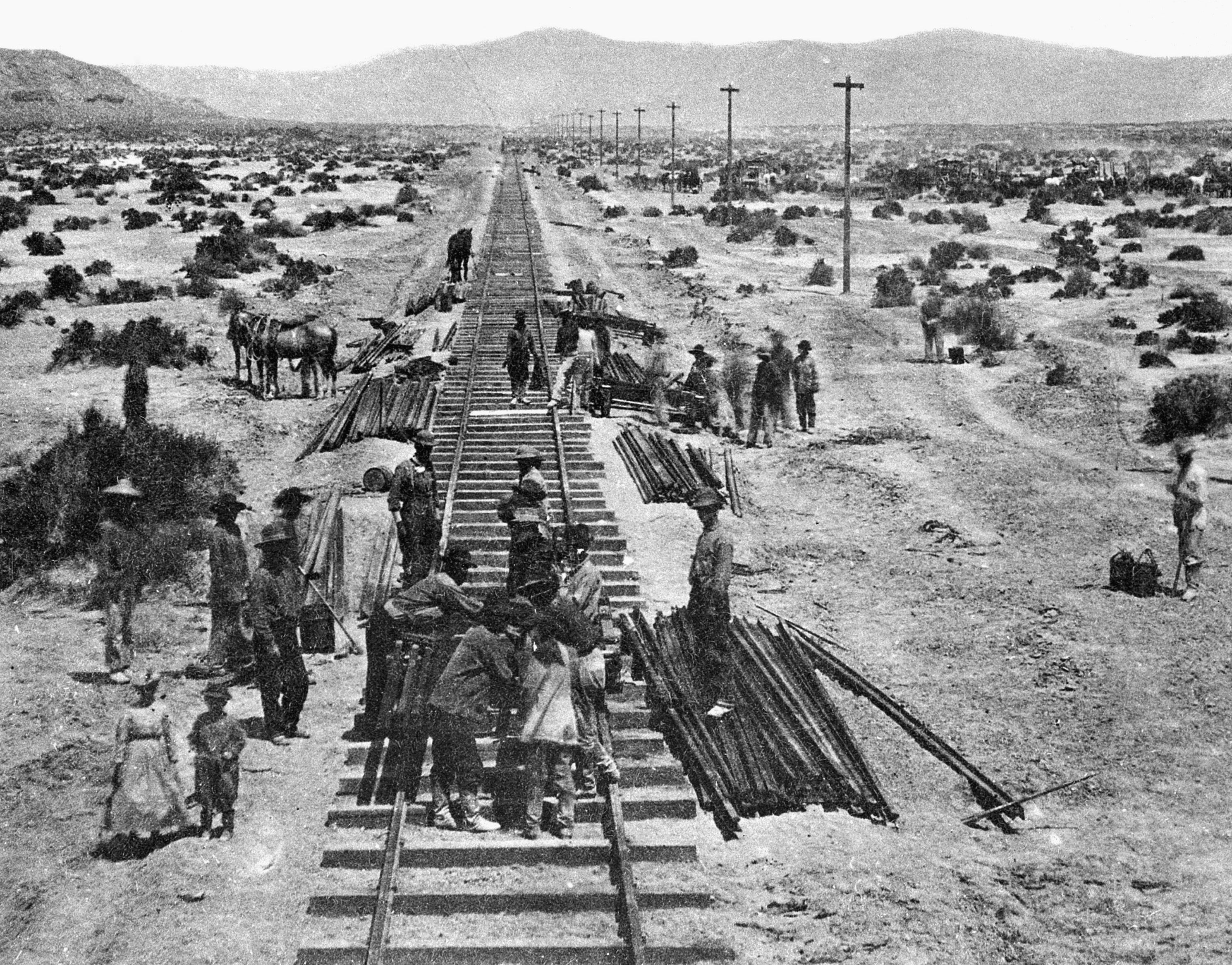Jeffrey Sachs is depicted by some as a dependency-creating subsidizer and by others as an extreme free-marketer–neither seems particularly apt. In a Reddit AMA to promote a free online course on sustainable development, the Columbia professor answers some critics (Angus Deaton, Naomi Klein, Dambisa Moyo) and questions about the global war on poverty.
_____________________
Question:
I’m fascinated by the new environmental technologies like billboards pulling drinking water from the air, or Mexico City’s smog eating paint. What technology do you look at as having great potential?
Jeffrey D. Sachs:
Probably the single most important breakthrough in recent years has been the dramatic decline in price of photovoltaics, which have fallen by a factor of 100X since 1977. 1 Watt of PV now costs less than $1 dollar. This will make possible an enormous upscaling of solar power in many parts of the world.
_____________________
Question:
I read The End of Poverty and I have to say, I am a huge fan of that book. I often cite your work to support ideas like that sweat-shops aren’t necessarily the evil they’re portrayed to be. Since the book, how much, in your eyes, has changed in the world? Do you feel like leaders sat up and took notice?
Jeffrey D. Sachs:
The most important thing that’s happened since 2005 is that the idea of ending extreme poverty has actually begun to take hold. People see the success of China in ending poverty, the start of real poverty reduction in Africa, and the power of the new ICT technologies. Because of this optimism, the World Bank Development Committee voted in April to take on the goal of ending extreme poverty globally by 2030. So the idea is there, step by step.
_____________________
Question:
I’ve always argued that if agricultural subsidies were cut around the world it would be more effective in lifting people from poverty than all aid combined. It seems that lately developing countries have also gotten into the ag subsidy trap. Is it possible we’ve reached a point where reducing global ag subsidies might hurt the poor more than it helps them?
Jeffrey D. Sachs:
Ending AG subsidies, while generally a good idea, won’t solve as much as one might think, because the main beneficiaries will be large food-exporting countries, such as Brazil, not the poorest countries. Still, it’s typically a good thing to do. The subsidies are rarely fair or effective.
_____________________
Question:
When the government or culture in an area does not support elimination of poverty, have you seen other ways to make substantial progress, or is the government/leadership really the key to success or failure?
Jeffrey D. Sachs:
Government is necessary. The tools of policy (taxes, regulation, public subsidies of science, public investment) are indispensable. They are not the only things that matter, but without government, broad-based and sustained development is not really possible. Of course, governments do not need to be perfect. Thank goodness!!!•
Tags: Jeffrey Sachs

